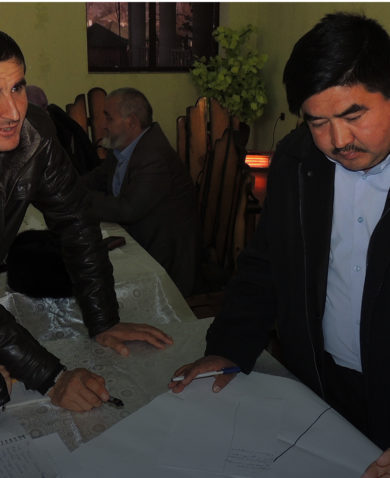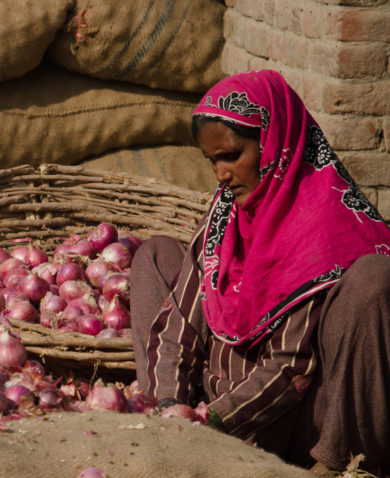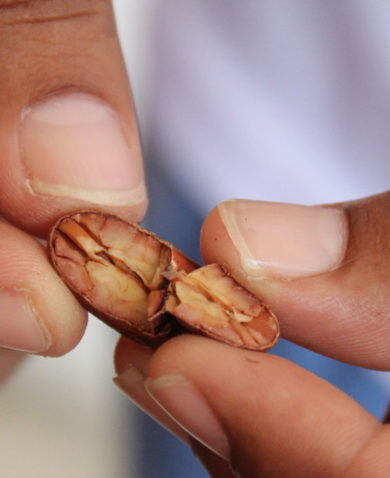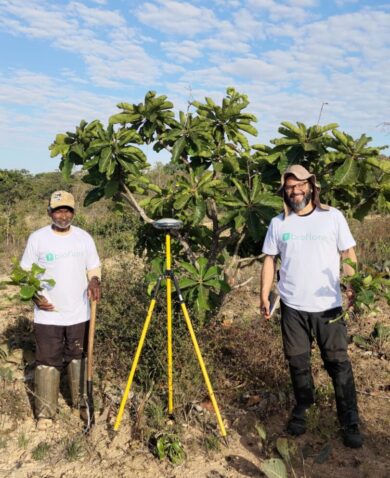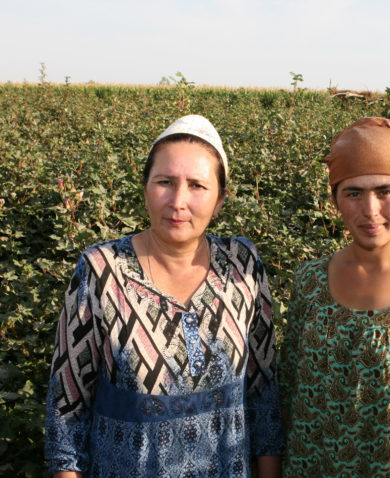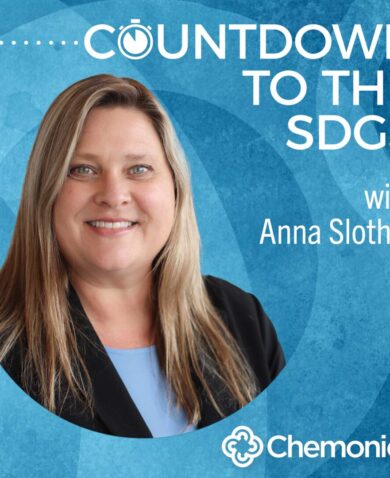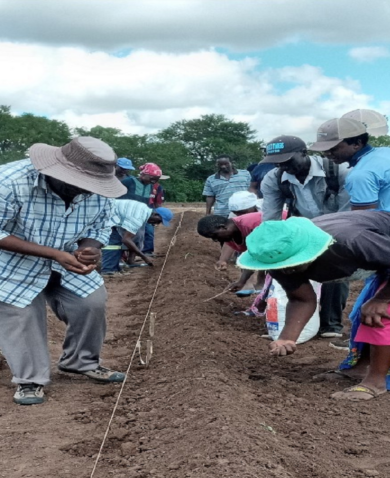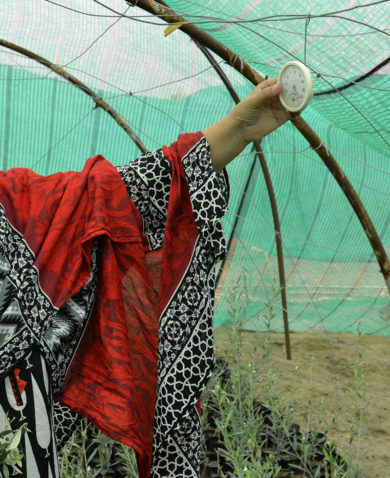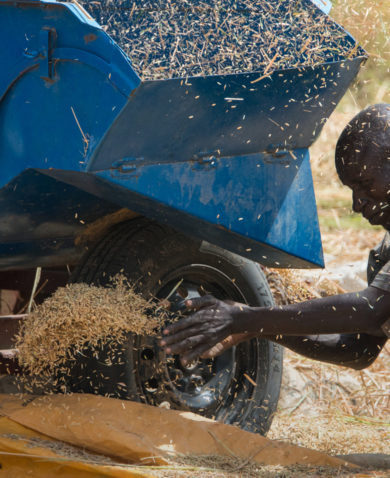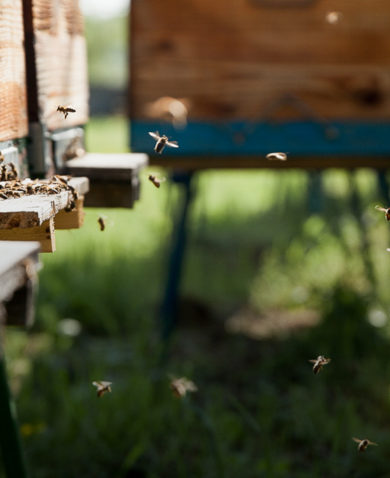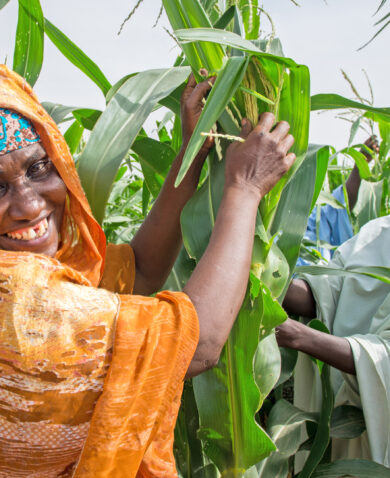
Chemonics News
News: Farmers Don’t Exist in a Vacuum: Leveraging Intermediaries to Make Market Systems Work Better for All
October 2, 2017 | 2 Minute ReadChemonics will host a learning and exchange symposium on the role of intermediaries in agricultural market systems on October 6 in Washington, D.C.
To feed the world’s 7.5 billion people and help smallholder farmers earn a decent living, development programs often focus on teaching farmers better production techniques. From promoting irrigation to encouraging proper pesticide use, helping farmers to produce a larger harvest is a tried and true method to increase food security and incomes.
Yet farmers do not exist in a vacuum; they grow and sell their crops within a complex market system that includes global retailers, exporters, aggregators, input suppliers, and institutions — all affected by sociocultural, political, and geographic factors. Whether or not farmers can buy high-quality seeds and fertilizer or belong to a farming association that helps them aggregate and sell their products affects how much farmers will grow and the price they receive for their crops. By addressing challenges and leveraging incentives in this broader market system, development projects can help value chains become more effective and inclusive.
To this end, development practitioners, including USAID and DFID, now recognize the importance of fostering linkages among actors across the whole value chain. On October 6 in Washington, D.C., Chemonics hosts the Symposium in Enabling Market Intermediaries for Improved Market Systems to explore the role of a specific kind of actor in agricultural market systems: the intermediary. A collaboration with Making Cents International, Land O’Lakes International Development, and International Fertilizer Development Center, this learning and exchange symposium shares knowledge and lessons learned on leveraging intermediaries to transform market systems, advance food security and resilience, and foster inclusion of women and youth.
A feature that characterizes many value chains is ineffective competition and poor cooperation, with entrenched mistrust among value chain actors. To foster more effective vertical and horizontal relationships among actors and create a system that is competitive, inclusive, and resilient, intermediary business models are increasingly serving as a lever for changing behaviors and processes. By sending services and extension messaging down their supply chains and offering price differentiation, end buyer-linked intermediaries can incentivize farmers to produce high-quality products in consistent quantities. When supported by enabling environment reforms and integrated with crosscutting considerations like gender and youth inclusion, the intermediary approach can yield high-impact, sustainable results.
The symposium will feature speakers like Tom Reardon, professor of agricultural, food, and resource economics at Michigan State University; Esther Karwera, co-founder of Akorion Company Limited; and Robert Anyang, chief of party of the Feed the Future Uganda Commodity Production and Marketing Activity. Participants will share best practices related to rural-urban linkages, access to finance, input supply and services, and more. The full program is available here.
Watch the live stream here and follow the conversion on our social media channels using #MarketSystems. To request an invitation to the in-person event, email agricultureteam@chemonics.com. Please note that limited space is available.









